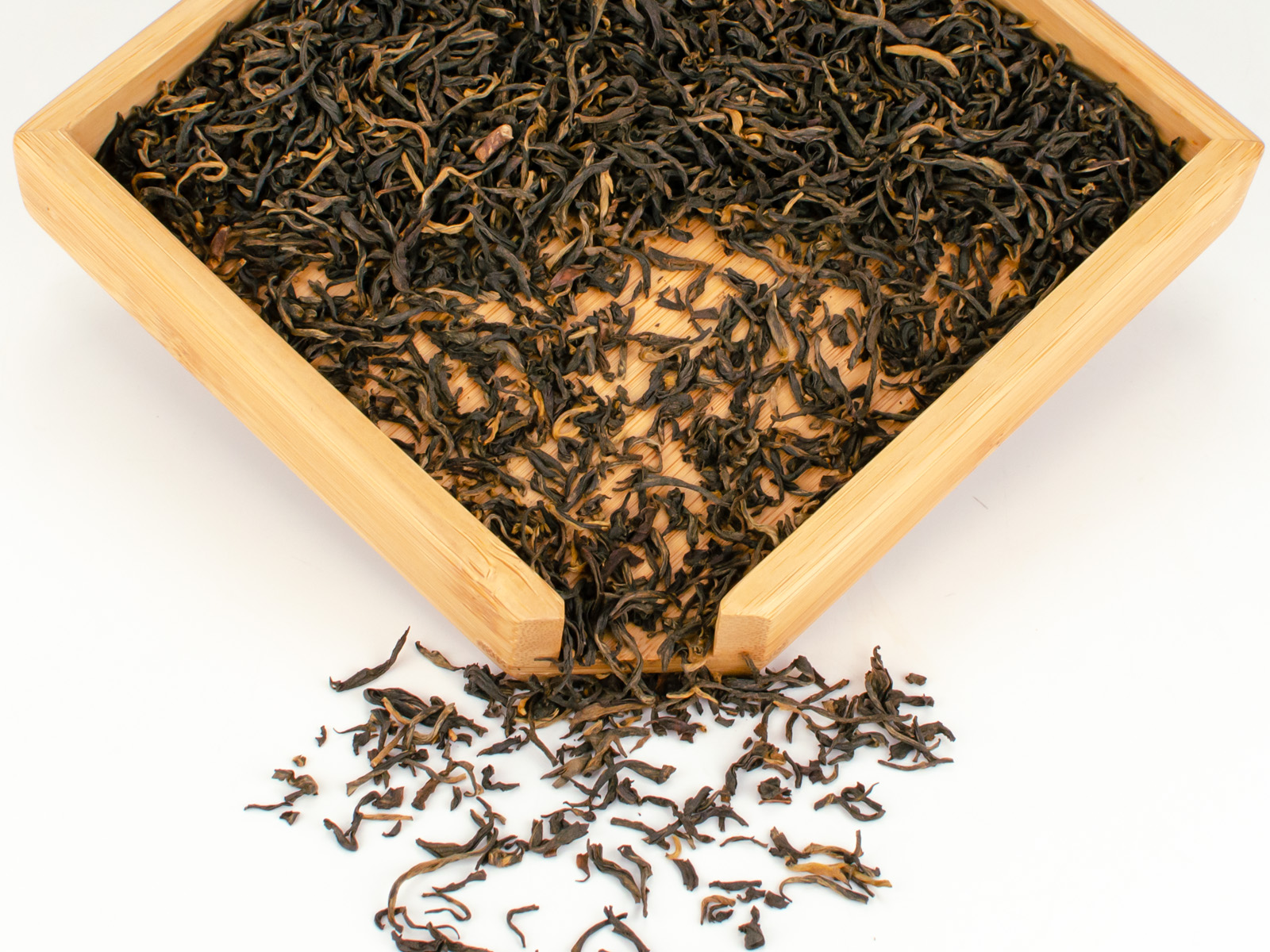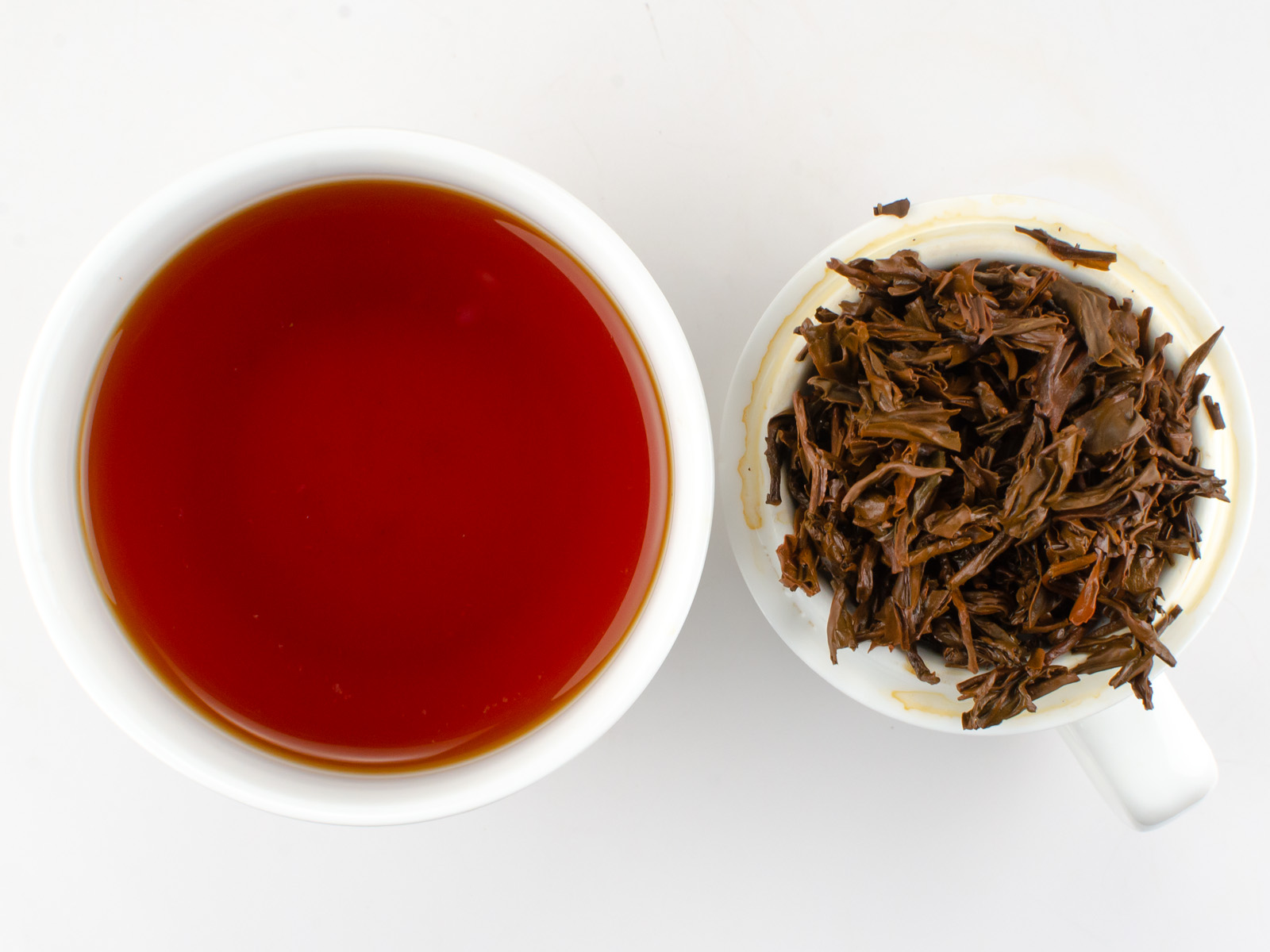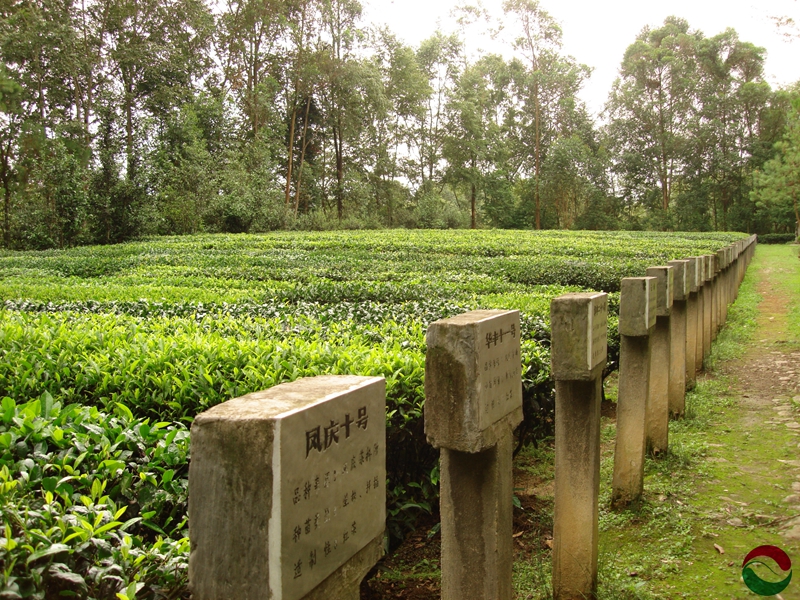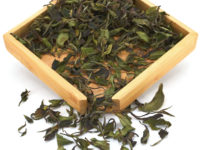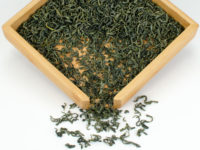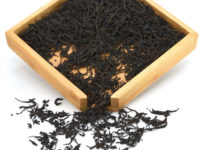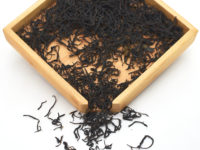Dianhong Gongfu
Black Tea 2024
A popular black tea with the characteristic Yunnan full flavor and long floral finish. Brews bright red and is strong enough to take milk or sugar, but nuanced enough to be appreciated on its own. Large leaves are left whole instead of chopped, good for brewing hot or cold. “Gongfu” refers to being made with skill and effort.
- Tea Origin
- Fengqing County, Lincang City, Yunnan Province, China
- Tea Bush
- Yunnan Dayezhong (Yunnan Large Leaf Tea Tree)
- Harvest Time
- April
Dianhong Gongfu is one of our most popular everyday grades of black tea. The name “Gongfu,” in the specific context of tea leaves, refers to the time consuming production of mostly whole leaf black tea. While its history is short compared to other black teas, it has become very popular for its full bodied flavor and sweet aroma.
We’ve worked hard to source the best possible Dianhong Gongfu, taking care to only buy spring tea. Most Gongfu black teas are a blend of chopped leaves harvested throughout the growing season, but our specialty grade Dianhong Gongfu is made from young spring leaves. We purchase these spring leaves in late April before they go through the blending and chopping process.
Although the highly efficient machine plucking method of harvesting does break a few leaves, selecting the spring harvest of un-chopped leaves results in a good quality everyday black tea that is made of mostly whole leaves with some broken pieces. This creates a spicy aroma and lingering flavor, characteristic of Yunnan’s large leaf tea plants. Mix this tea with herbs and dried fruit or enjoy it as an iced tea in the summertime.
The Dianhong Group
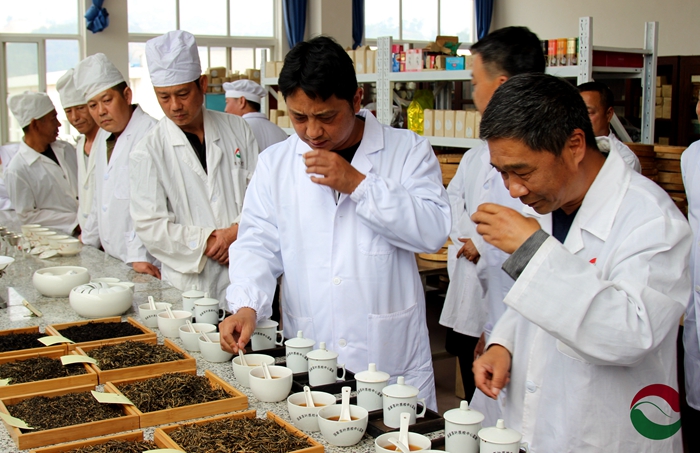
Established in Fengqing County in 1939, the Dianhong Group would become China’s most famous black tea origin worldwide. Their flagship black tea Dianhong Gongfu was nationally recognized as a tea for foreign affairs in 1958. It was presented as a gift to Queen Elizabeth II by the governor of Yunnan Province, He Zhiqiang, during her visit to China in 1986.
Today, the Dianhong Group cooperates with 380,000 tea farmers from 25 ethnic minorities to operate 5,120 acres of tea farms distributed in Fengqing and Gengma Counties. Needless to say, tea makers have endless choices among leaf material when it comes to sourcing something special. At their Tea Science Research Institute, they have developed a large-scale tea tree breeding nursery with over 300 high-quality varieties from all over the country and have collected breeding materials from over 800 varieties. The research done here helps local farmers find the best Yunnan tea cultivars to improve both their sustainability and yield.
Expert blending is the Dianhong Group’s specialty. It takes incredible skill to balance all the different flavors of each cultivar and to account for their variation year-to-year.
Making Dianhong Gongfu black tea
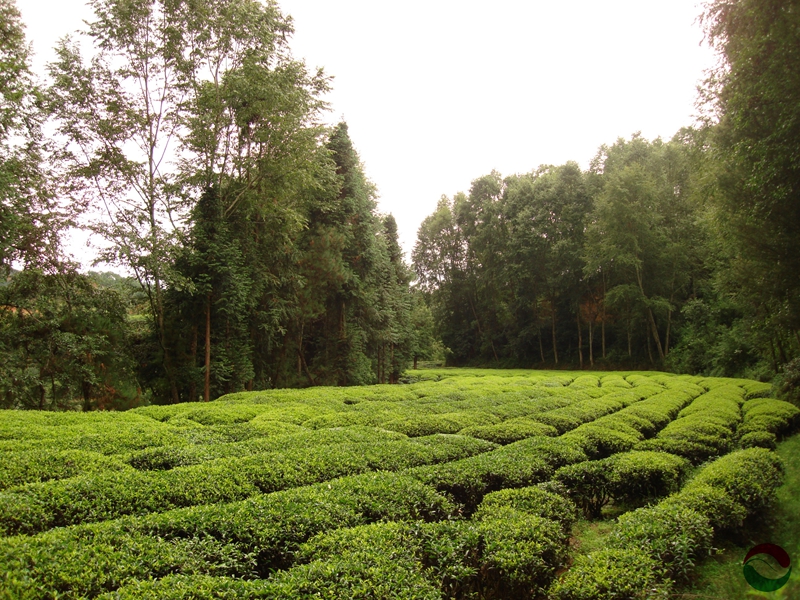
This tea grows at an elevation of 600-800 meters above sea level. Harvest occurs the middle of April, with a plucking standard of 1 bud and 2-3 tender leaves.
Fresh tea leaves will be carried back to the factory where they are spread in a thin layer and left to wither. This withering time removes about 50% of their moisture, activates their aroma chemistry and prepares the leaves for processing.
After withering, a kneading machine squeezes out even more moisture and spurs on oxidation of the leaves. After this, large quantities of tea are placed in a large wooden box, covered with fabric, and lightly sprayed with pure filtered water. In Yunnan’s warm climate, the tea can be left to oxidize slowly overnight without adding any artificial heat. This slowly finishes the oxidation process.
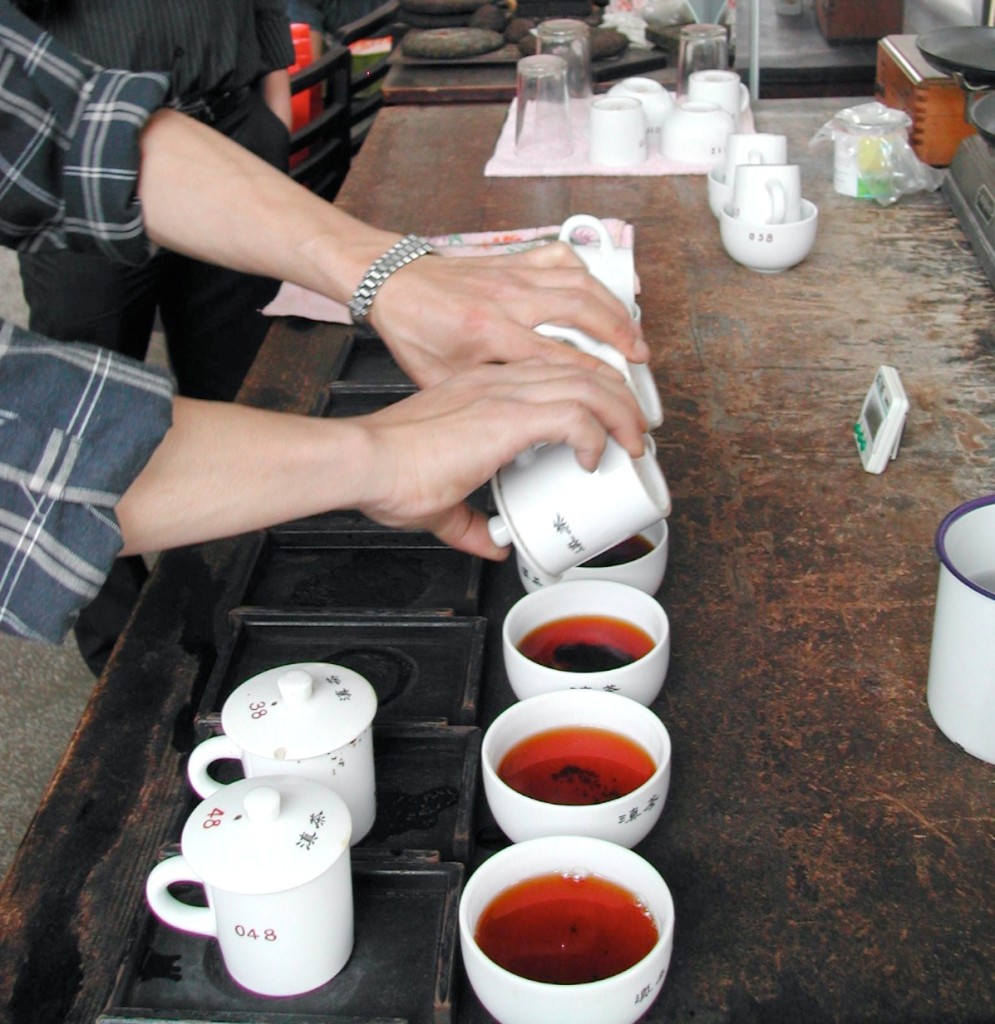
During this time, the tea master will check the leaves every so often to mix and distribute their heat and also check the quality of their aroma and color. When the leaves have just turned from green to brown, the tea master will stop oxidation and send the tea to the oven to dry. They must be very careful to not over-oxidize the tea, otherwise it will turn sour. After the tea has been dried in the oven, the leaves are sorted to remove untwisted large leaves and stems.
History of black tea in Yunnan
Yunnan Province began producing black tea in 1939. The Chinese wanted to move the business of exporting tea out of the east coast of China (then occupied by the Japanese Army) to the border of Burma in Yunnan. Two accomplished tea masters, Feng Shaoqiu and Fan Hejun, went to Yunnan to research the area for tea cultivation. They found that Fengqing County in southwest Yunnan was an ideal place to start producing good quality tea. The soil in this area is red in color and nutrient rich and already has a good number of tea plants growing. They set up a factory and began to produce large quantities of tea. The Dianhong company remains a large center of tea production and research in Yunnan today.
No chemical fertilizer, pesticide, or herbicide was used in the production of this tea. Click here to read more about our promise to fair trade and the environment.

